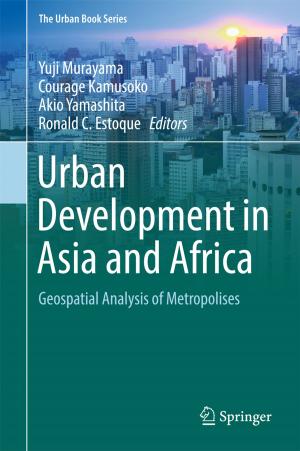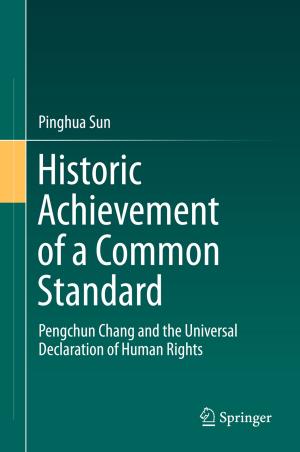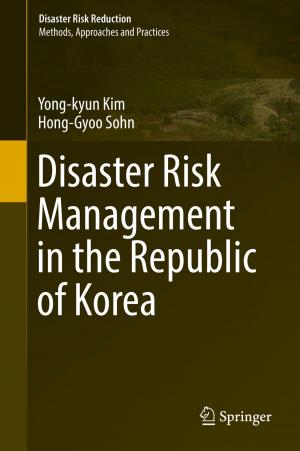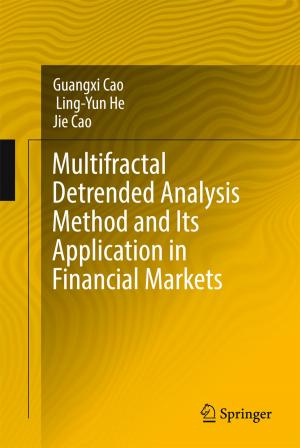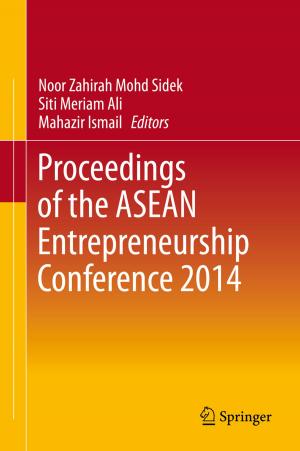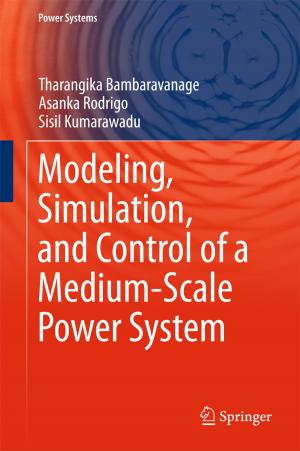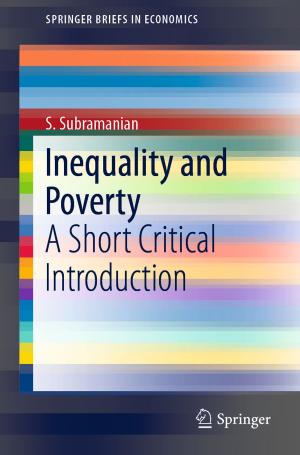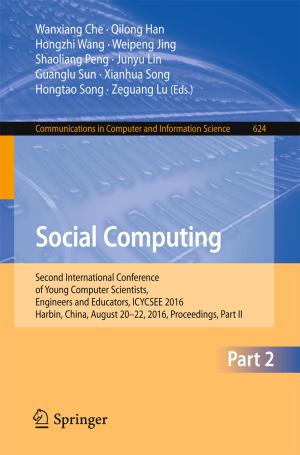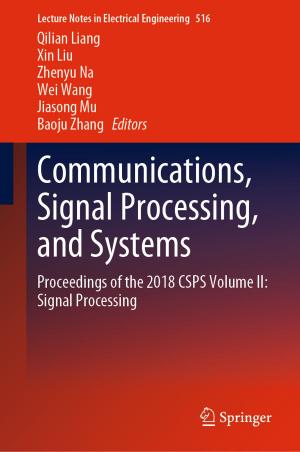Language Ideology and Order in Rising China
Nonfiction, Reference & Language, Foreign Languages, Chinese, Social & Cultural Studies, Political Science, International, Social Science| Author: | Minglang Zhou | ISBN: | 9789811334832 |
| Publisher: | Springer Singapore | Publication: | December 18, 2018 |
| Imprint: | Palgrave Macmillan | Language: | English |
| Author: | Minglang Zhou |
| ISBN: | 9789811334832 |
| Publisher: | Springer Singapore |
| Publication: | December 18, 2018 |
| Imprint: | Palgrave Macmillan |
| Language: | English |
This text considers contemporary China’s language ideology and how it supports China as a rising global power player. It examines the materialization of this ideology as China’s language order unfolds on two front, promoting Putonghua domestically and globally, alongside its economic growth and military expansion. Within the conceptual framework of language ideology and language order and using PRC policy documents, education annals, and fieldwork, this book explores how China’s language ideology is related to its growing global power as well as its domestic and global outreaches. It also addresses how this ideology has been materialized as a language order in terms of institutional development and support, and what impact these choices are having on China and the world. Focusing on the relationship between language ideology and language order, the book highlights a closer and coherent linguistic association between China’s domestic drive and global outreach since the turn of the century.
This text considers contemporary China’s language ideology and how it supports China as a rising global power player. It examines the materialization of this ideology as China’s language order unfolds on two front, promoting Putonghua domestically and globally, alongside its economic growth and military expansion. Within the conceptual framework of language ideology and language order and using PRC policy documents, education annals, and fieldwork, this book explores how China’s language ideology is related to its growing global power as well as its domestic and global outreaches. It also addresses how this ideology has been materialized as a language order in terms of institutional development and support, and what impact these choices are having on China and the world. Focusing on the relationship between language ideology and language order, the book highlights a closer and coherent linguistic association between China’s domestic drive and global outreach since the turn of the century.

